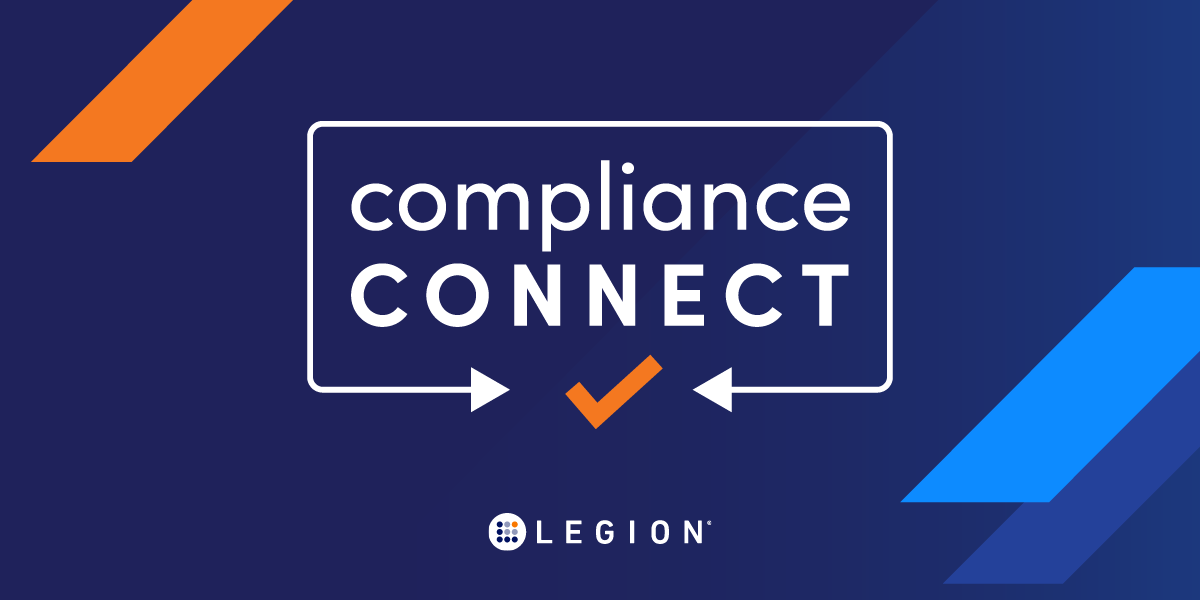National Trends in Labor & Employment Law: What Employers Should Know
May 9, 2024
by Palmer Kazanjian Wohl Hodson LLP

First Amendment rights differ in the public sphere and the workplace. Often, employees assume they have the same First Amendment rights in the workplace as they do on the street. However, that is not the case. First Amendment rights and other similar rights granted by the Constitution are meant to protect citizens from control by public entities like state and federal governments rather than from control by private entities, like privately-owned businesses. So, First Amendment rights, like freedom of speech, do not reach as far in the workplace as in the public sphere.
Since employers are also private citizens with speech and property rights, they are generally given the right to restrict speech in the workplace. However, workers do still have some protected speech rights. First, at the federal level, workers’ rights are protected by and codified in the National Labor Relations Act (NLRA). Most notably, Section 7 of NLRA gives employees the right to self-organization and other concerted activities and prevents employers from engaging in the restriction of speech related to any such activities.
Further, it grants employees the right to discuss political and social issues germane to working conditions. Therefore, as long as there is a sufficient nexus between the terms and conditions of a worker’s employment and the topic of conversation, an employee’s speech is protected by federal law.
In addition to federal law, states are also entitled to expand the right to engage in political speech in the workplace. Some states, like Connecticut, take a very aggressive approach and extend the same free speech rights granted to public sector employees under the Constitution to those in the private sector. California, on the other hand, maintains a surprisingly neutral approach.
Under the Fair Employment and Housing Act (FEHA), employers in California may have neutral political speech policies that ban political speech of any kind not protected by the NLRA or the California Labor Code. The Labor Code has specific carveouts prohibiting employers from threatening to fire employees to coerce or influence such employees to adopt any particular political activity. It also protects employees against employer retaliation for activity or speech outside of the workplace. Speech not protected by FEHA or the Labor Code, especially hate speech, that occurs within the workplace may be disciplined.
Still, most states have adopted the employer-friendly view expressed by the Idaho court in Edmondson v. Shearer Lumber Products. There, the court stated that for an employee to have a cognizable claim for wrongful termination as a result of engaging or refusing to engage in political speech in the workplace, the employee must demonstrate that there is a well-established public policy against the employer’s actions (for example, conduct that is harassing, intimidating or threatening). Although this is the rule in most jurisdictions, employers should still take caution. Any company policy against political speech in the workplace should be neutral and meted out equally across all violators to negate allegations that the employer is targeting specific individuals or protected classes.
At the federal level, changes in administration and Congress have also significantly influenced labor policy. As of 2022, the National Labor Relations Board (NLRB) has reversed much of the Trump Administration’s business-friendly policies by expanding legal protections for workers, particularly union access. Many large corporations like Apple, Amazon, and Starbucks have begun to face challenges from workers empowered by new NLRB decisions. For example, in Cemex Construction Material Pacific, LLC, the NLRB held that unions may gain recognition without secret ballot elections.
There have also been changes to employee compensation and accommodations policy. The Biden Administration recently proposed raising the minimum salary basis by 40% to classify “white-collar” and “highly compensated” employees as exempt. The FTC is also considering a final rule that would ban all non-competes, and the NLRB is contemplating deeming non-compete agreements as unfair labor practices.
Regarding accommodations, with the rise in remote work and many employers’ subsequent response to such remote work requiring that employees return to the office, administrative officials have debated whether in-person attendance is an essential function of an employee’s position and whether remote work is a reasonable accommodation under the Americans with Disabilities Act.
There have also been significant developments in how independent contractors are classified. On March 11, 2024, the US Department of Labor (DOL) issued a Final Rule on Worker Classification under the Fair Labor Standards Act (FLSA). This rule implemented the “economic reality” test to determine whether a worker is an independent contractor or an employee. This test looks at (1) the worker’s opportunity for profit or loss; (2) investments by the worker and potential employer; (3) the degree of permanence of the working relationship; (4) the nature and degree of control over the worker; (5) the extent to which whether the work performed is an integral part of the potential employer’s business; and (6) the skill and initiative of the worker. The new rule is burdensome for employers as it relies heavily on fact-based analysis.
Employment laws and regulations are constantly changing. For assistance in navigating this increasingly complex legal landscape, including drafting legally compliant and employer-friendly agreements and other corporate policies, the capable and experienced attorneys at Palmer Kazanjian Wohl Hodson are prepared to handle your needs. To learn more about how Legion handles compliance, watch our recent webinar here. You can also sign up for Legion’s quarterly compliance newsletter, Compliance Watch, here.
